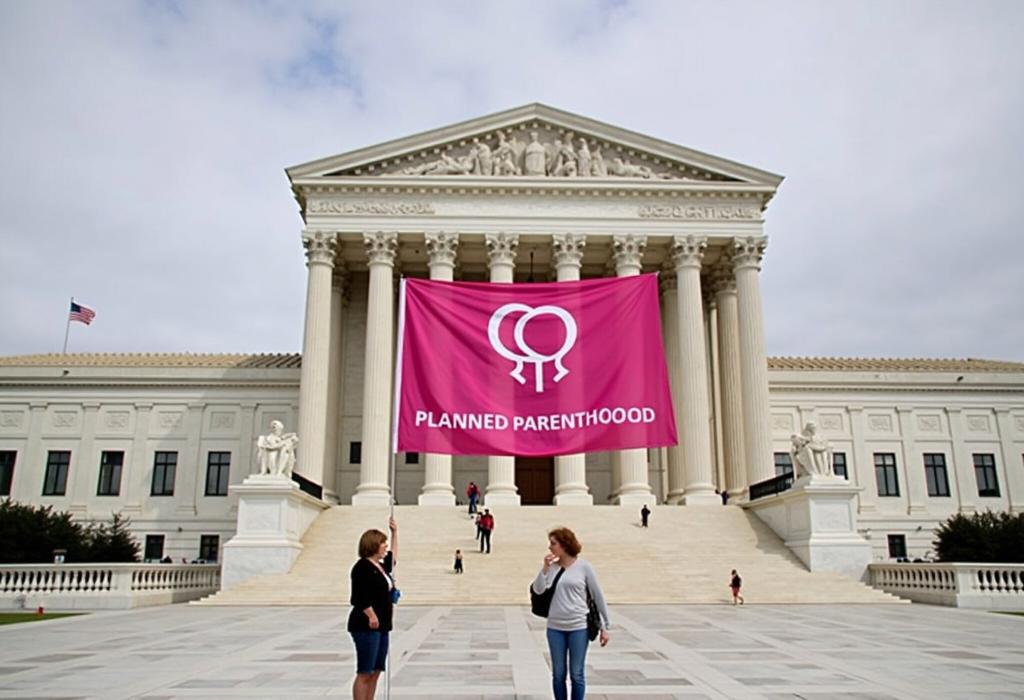This week, the U.S. Supreme Court is examining a pivotal case that could significantly influence Medicaid reimbursement policies for non-abortive medical services provided by Planned Parenthood in South Carolina and potentially other states. The case stems from South Carolina's 2018 executive order by Governor Henry McMaster that sought to block Medicaid funds to Planned Parenthood, arguing that taxpayer money should not go to organizations that perform abortions. The crux of the case revolves around whether patients have an unequivocal 'right' under federal Medicaid law to choose their healthcare providers. Planned Parenthood claims this right is implicit in the language of the 1965 Medicaid Act. The case holds substantial implications, as nearly a third of Planned Parenthood's revenue comes from Medicaid reimbursements and grants. Proponents argue that barring Planned Parenthood would primarily affect non-abortive services like cancer screenings and gynecological care, disproportionately impacting low-income women with limited access to alternative healthcare providers. The proceedings have revealed a divide among the justices, with Democratic appointees showing more empathy toward Planned Parenthood's arguments, whereas Republican appointees pose nuanced questions underscoring the complexity of 'rights-creating' language in legislation. The decision could affect other states contemplating similar restrictions and stands at the intersection of legal interpretation and political values surrounding healthcare and reproductive rights. AI has analyzed and reviewed this news, provided insights, and recognized the challenges of the legal language involved and its real-world implications.
AD
AD
AD
AD
Bias Analysis
Bias Score:
60/100
Neutral
Biased
This news has been analyzed from 23 different sources.
Bias Assessment: The article leans slightly toward Planned Parenthood’s perspective by focusing on their role in Medicaid services and emphasizing the potential negative impacts on low-income women. The commentary highlights the political and legal challenges involved without extensively presenting the arguments from the South Carolina state perspective or fully detailing alternative solutions. This balance gives the article a moderate bias score.
Key Questions About This Article




